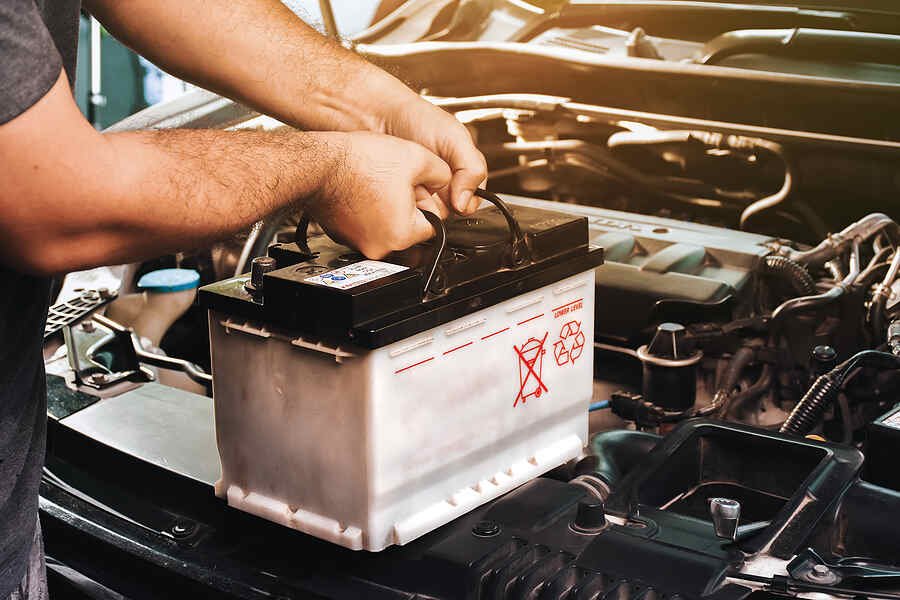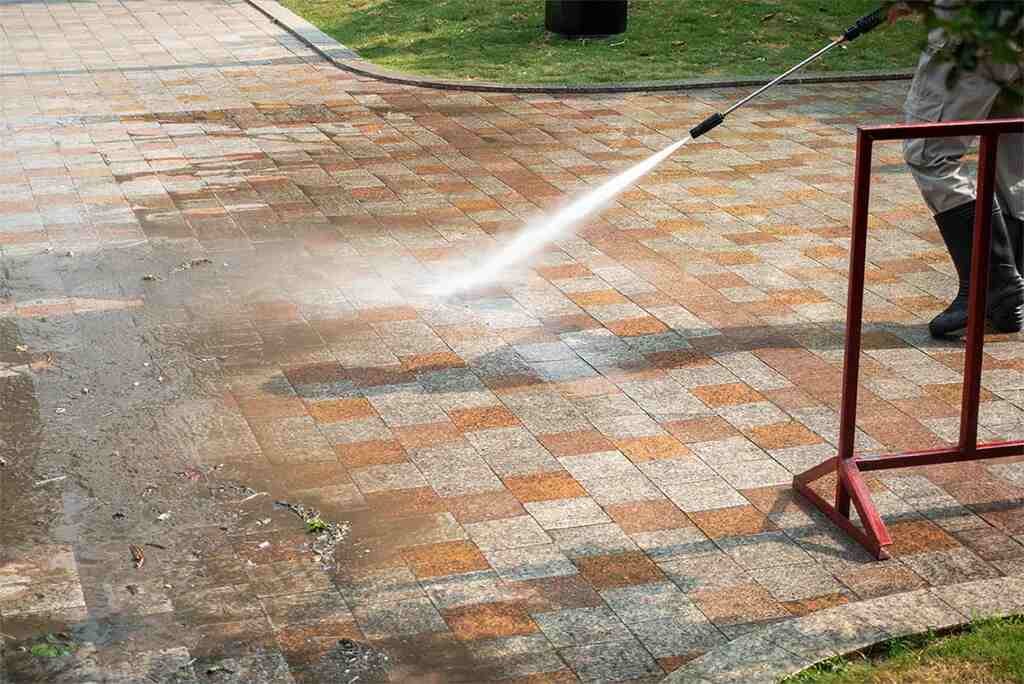Power outages can strike unexpectedly, leaving you in the dark and potentially uncomfortable situations. As a homeowner, being prepared is essential. This comprehensive guide will help you navigate power outages with ease, focusing on three critical aspects: the importance of backup generators for your home, the significance of warm and comfortable undergarments, and practical survival tips. Read on to ensure you and your home are well-equipped to handle unexpected power disruptions.
The Role of Backup Generators in Power Outages
Power outages can disrupt your daily life and, in some cases, pose safety risks. Backup generators play a crucial role in keeping your home comfortable and secure during these challenging times.
Types of Generators
There are various types of generators available, but the two most common types for homeowners are portable generators and standby generators.
- Portable Generators: These generators are versatile and can power essential appliances and devices during an outage. They require manual operation and fuel storage.
- Standby Generators: Standby generators are a more permanent solution. They automatically kick in when the power goes out and can provide continuous power for your entire home. They are typically powered by natural gas or propane.

Choosing the Right Generator
Selecting the right generator depends on your specific needs. Consider the following factors:
- Power Requirements: Determine which appliances and systems you want to power during an outage. Make a list of essential items to calculate the generator’s required wattage.
- Fuel Source: Decide whether you prefer a generator that runs on gasoline, propane, or natural gas. Keep in mind fuel availability in your area.
- Budget: Generators come in various price ranges. Set a budget that aligns with your needs and financial capacity.
Generator Maintenance Tips
Maintaining your generator is crucial to ensure it operates reliably during power outages. Here are some maintenance tips:
- Regular Testing: Run your generator periodically to ensure it starts and functions correctly.
- Fuel Storage: Store an adequate supply of fuel in a safe location, and rotate it to keep it fresh.
- Scheduled Maintenance: Follow the manufacturer’s maintenance schedule for oil changes, filter replacements, and overall system checks.
Under Waist Comfort: Preparing Your Wardrobe
When the power goes out, maintaining warmth and comfort is essential, especially in colder seasons. Your choice of clothing, particularly undergarments, can significantly impact your well-being during an outage.
Importance of Warm Undergarments
Warm undergarments are a fundamental part of staying comfortable during a power outage. They provide insulation, keeping your body heat in and the cold out.
Recommended Undergarments
Consider these undergarment options for maximum comfort during an outage:
- Thermal Underwear: Thermal underwear is designed to trap heat close to your body, keeping you warm in cold conditions.
- Moisture-Wicking Fabrics: These fabrics help keep you dry by wicking moisture away from your skin.
Layering Techniques for Comfort
Layering your clothing can help you adjust to changing temperatures and stay comfortable. Start with moisture-wicking undergarments, add insulating layers like thermal wear, and finish with a warm, weather-resistant outer layer.
Survival Tips for Power Outages
In addition to generator usage and proper clothing, survival tips can make a significant difference during a power outage.
Food Storage Strategies
To prevent food spoilage during an outage:
- Keep the Fridge Closed: Limit opening your refrigerator to retain cold air.
- Use a Cooler: Transfer perishable items to a cooler with ice packs.
- Non-Perishable Foods: Stock up on canned goods, dried foods, and other non-perishables.
Water Purification Methods
Ensuring access to clean water is crucial. Use these methods:
- Boiling: Boil water to purify it before consumption.
- Water Filters: Invest in water filters or purification tablets.
Staying Warm and Safe
- Blankets and Layers: Keep warm by layering clothing and using blankets.
- Safe Heating: If using a generator-powered space heater, follow safety guidelines to prevent accidents.
- Candles and Flashlights: Have a supply of candles and flashlights with extra batteries for illumination.
Utilizing Your Generator Effectively
- Prioritize Appliances: Identify which appliances and systems are most important during an outage and allocate generator power accordingly.
- Safe Operation: Operate your generator in a well-ventilated area, away from the house, to avoid carbon monoxide poisoning.
- Unplug Electronics: To avoid power surges when the electricity is restored, unplug sensitive electronics.
Final Thoughts
In conclusion, a well-prepared homeowner can weather power outages comfortably and safely. By understanding the role of backup generators, having warm undergarments, and following survival tips, you can ensure your home is ready for unexpected power disruptions. Stay prepared, stay comfortable, and stay safe.
Recommended Posts:
















